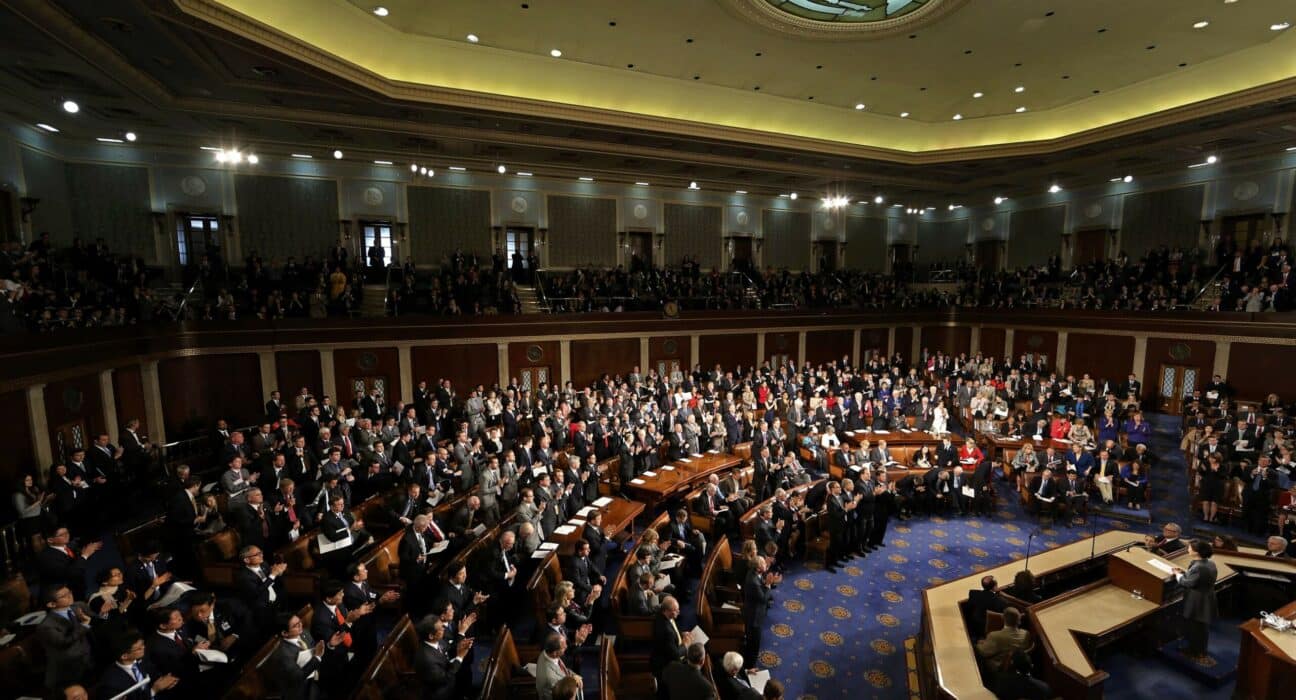South Korea Delays Cryptocurrency Income Tax Law to 2022
South Korea, a global hub for cryptocurrency innovation, has postponed the implementation of its much-discussed cryptocurrency income tax law. Originally slated to take effect in October 2021, the new timeline moves the law’s enforcement to January 2022, following concerns raised by local crypto exchanges about the need for more time to establish robust tax reporting systems.
This decision highlights the challenges of regulating the fast-evolving cryptocurrency sector while balancing the interests of businesses, investors, and lawmakers.
The Postponement: Key Details
South Korea’s National Assembly’s planning and finance committee issued a report recommending the delay of the cryptocurrency income tax rule to provide sufficient preparation time for stakeholders.
Reasons for the Delay:
- Infrastructure Challenges:
Local exchanges require more time to develop comprehensive tax reporting systems. - Specific Financial Information Act:
The act, which mandates real-name verification for deposit and withdrawal accounts, will be enforced from March 2022. Exchanges must comply by September 2021, adding to their operational challenges. - Stakeholder Concerns:
Industry participants voiced concerns about the feasibility of meeting regulatory requirements within the original timeline.
The Proposed Cryptocurrency Tax Framework
The cryptocurrency tax rule was first introduced as part of an amendment to South Korea’s tax code in July 2020.
Key Provisions of the Law:
- Tax Rate: A 20% tax on gains from cryptocurrency trading and investments.
- Threshold: The tax applies to annual gains exceeding 2.5 million Korean won (approximately $2,000 USD).
- Scope: Residents are required to report profits from cryptocurrency transactions, similar to other taxable income.
South Korea’s Evolving Stance on Cryptocurrency
Over the years, South Korea has emerged as a significant player in the global cryptocurrency landscape.
Key Developments in the Industry:
- Crypto-Friendly Infrastructure:
South Korea boasts crypto-friendly banks and even cryptocurrency-integrated beaches in Busan. - Regulatory Progress:
The government has been proactive in regulating the sector, introducing the Specific Financial Information Act to enforce stricter compliance measures. - International Collaboration:
The Ministry of Finance and Economy has engaged with other countries to align its digital asset taxation policies with global standards.
Challenges Facing the Cryptocurrency Tax Law
Despite the country’s progressive approach, implementing a comprehensive tax law for digital assets has proven challenging.
1. Infrastructure Limitations:
Local exchanges have raised concerns about the lack of sufficient time to establish systems for accurate tax reporting.
2. Market Adaptation:
The fast-paced and volatile nature of cryptocurrency trading makes it difficult to implement rigid tax rules without disrupting market activity.
3. Balancing Innovation and Regulation:
South Korea must ensure that its regulatory framework supports innovation while addressing concerns about transparency and compliance.
Implications for Crypto Investors and Exchanges
For Investors:
- Extended Preparation Time:
Investors now have until 2022 to adapt to the new tax rules and organize their trading activities accordingly. - Opportunity for Profit Optimization:
The delay provides a window for investors to strategize their cryptocurrency transactions.
For Exchanges:
- Time for System Development:
Exchanges can focus on building robust tax reporting and compliance systems to meet regulatory requirements. - Increased Transparency:
The enforcement of real-name verification under the Specific Financial Information Act will enhance trust and security in the market.
Future of Cryptocurrency in South Korea
South Korea’s postponement of its cryptocurrency tax law reflects a careful balancing act between regulation and innovation. As the country prepares to enforce the law in 2022, it remains committed to fostering a thriving cryptocurrency ecosystem while ensuring compliance and transparency.
Expected Developments:
- Improved Infrastructure:
Local exchanges will be better equipped to handle tax reporting and compliance requirements. - Enhanced Market Confidence:
Regulatory clarity will encourage greater participation from both retail and institutional investors. - Global Leadership:
South Korea’s proactive approach to cryptocurrency regulation positions it as a leader in the global digital asset space.
Conclusion
The postponement of South Korea’s cryptocurrency income tax law underscores the complexities of regulating a rapidly evolving industry. While the delay provides much-needed time for exchanges and investors to prepare, it also highlights the government’s commitment to creating a robust and fair regulatory framework.
As South Korea continues to refine its approach, the nation is poised to play a pivotal role in shaping the future of cryptocurrency regulation on a global scale.
To learn more about the innovative startups shaping the future of the crypto industry, explore our article on latest news, where we delve into the most promising ventures and their potential to disrupt traditional industries.
Disclaimer: The information provided is not trading advice, Bitcoinworld.co.in holds no liability for any investments made based on the information provided on this page. We strongly recommend independent research and/or consultation with a qualified professional before making any investment decisions.




